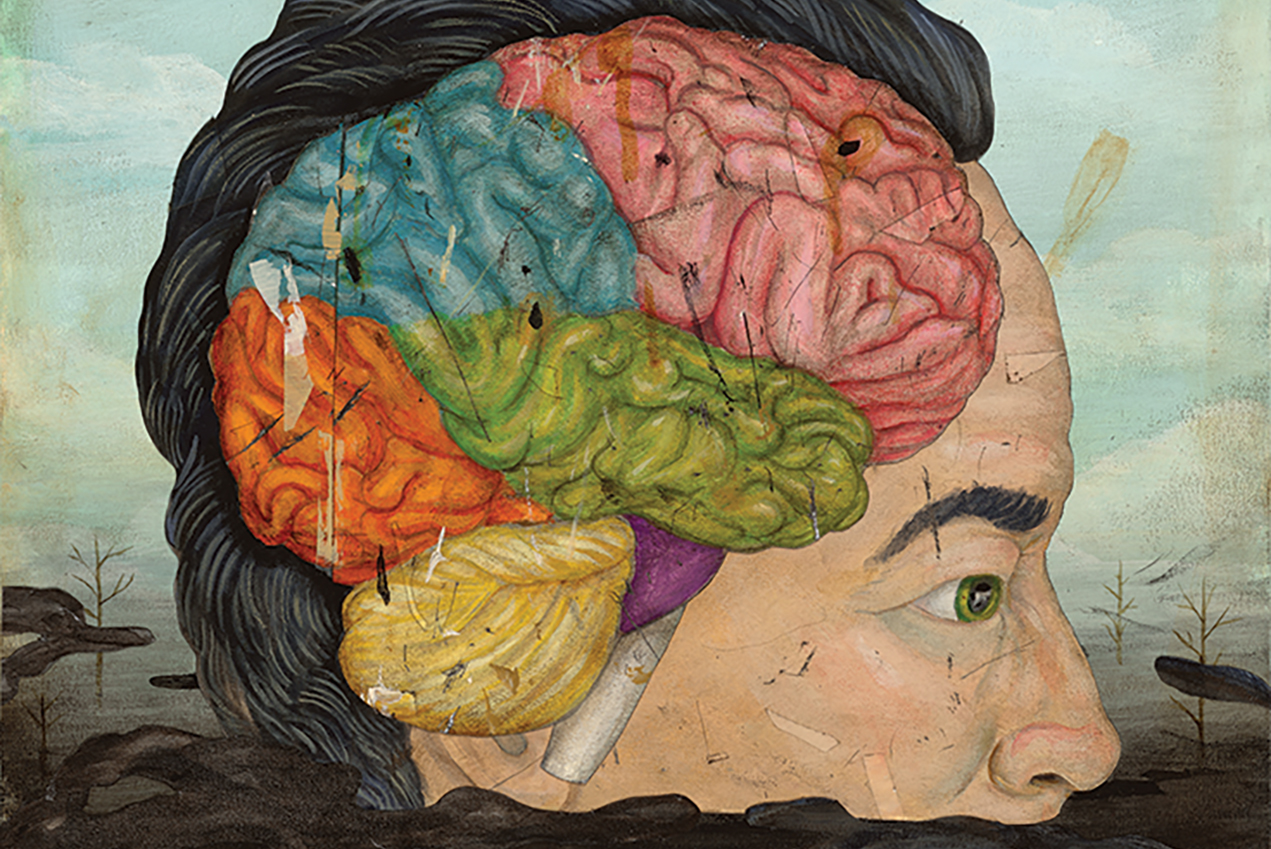Researchers from the Keck School of Medicine of USC and the USC Davis School of Gerontology — all experts in brain aging — have joined forces to determine how the long-term effects of air pollution contribute to accelerated cognitive decline and dementia. And they have a common form of pollution known as PM2.5 in their sights.
These tiny particles come from cars, power plants, coal and wood-burning fuel; they impact the brain by passing directly through the nose or lungs and slip through the blood-brain barrier, which is supposed to protect our brains from all invaders. As a result, people of all ages are vulnerable to the effects, including children.
To continue reading this article, click here.


